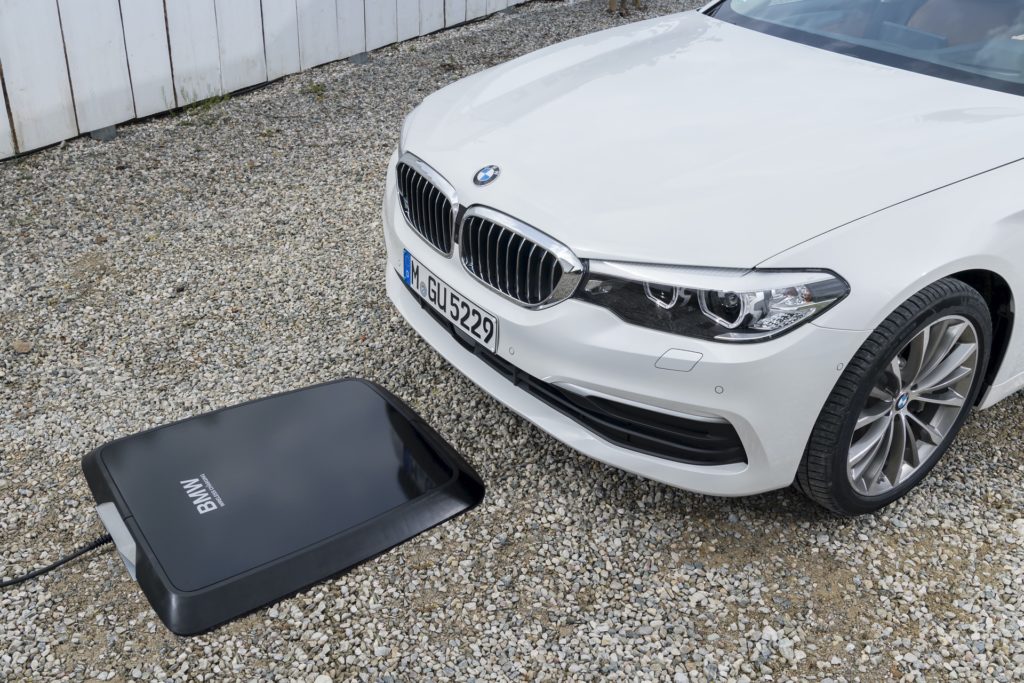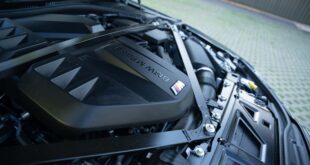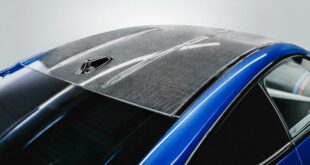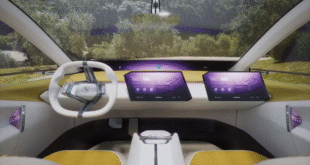Nowadays, the need for increased EV infrastructure grows as EVs take more of the car market share. Creating charging infrastructures that can manage several electric cars is tricky. Yet, researchers have come up with fascinating ideas to put on future EVs. One of them is the ability of cars to charge wirelessly while on the move. Wireless charging for electric vehicles does sound more of science fiction, but it is getting close to becoming a reality.

Researchers from Cornell University developed a technology that can now charge electric vehicles wirelessly while moving. An associate professor of electrical and computer engineering at Cornell, Khurram Afridi, leads the research team. Afridi has been working on it for the past seven years. The idea of the team is to build wireless charging technology into highway systems and roads. This technology allows electric vehicles to charge wirelessly without having to stop.
“Highways would have a charging lane, sort of like a high occupancy lane,†Afridi says in Business Insider. “If you were running out of battery you would move into the charging lane. It would be able to identify which car went into the lane and it would later send you a bill.â€
The idea of wireless charging does sound pretty simple. Just install some wireless charging plates in the road for your EV. But, that is not the case as Nikola Tesla invents wireless charging a hundred years ago, and it is not that easy. Special plates that can handle high-frequency electric fields should be at the power grid into the road. That also means the cars driving on them need to have similar plats on them. However, the idea is not that simple as well.

Afridi does not like the idea of magnetic field charging as most automotive companies use. He finds it too inefficient and too bulky. Moreover, its components should also come from materials that can hold high levels of electricity to charge electric vehicles in motion. Along with the idea, it should be capable of withstanding the heat from the cars above them and being weatherproof.
Moreover, the research team of Afridi uses this kind of technology in helping forklifts with power as of now. There might be hurdles for the team, but it is close to being a reality. This technology has potential and can be ready for road testing in a few years. If this turns out successfully, it could be a change of the game in improving the charging infrastructure of electric vehicles.
 BMW.SG | BMW Singapore Owners Community The Ultimate BMW Community – Established Since 2001
BMW.SG | BMW Singapore Owners Community The Ultimate BMW Community – Established Since 2001













